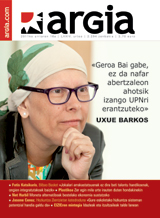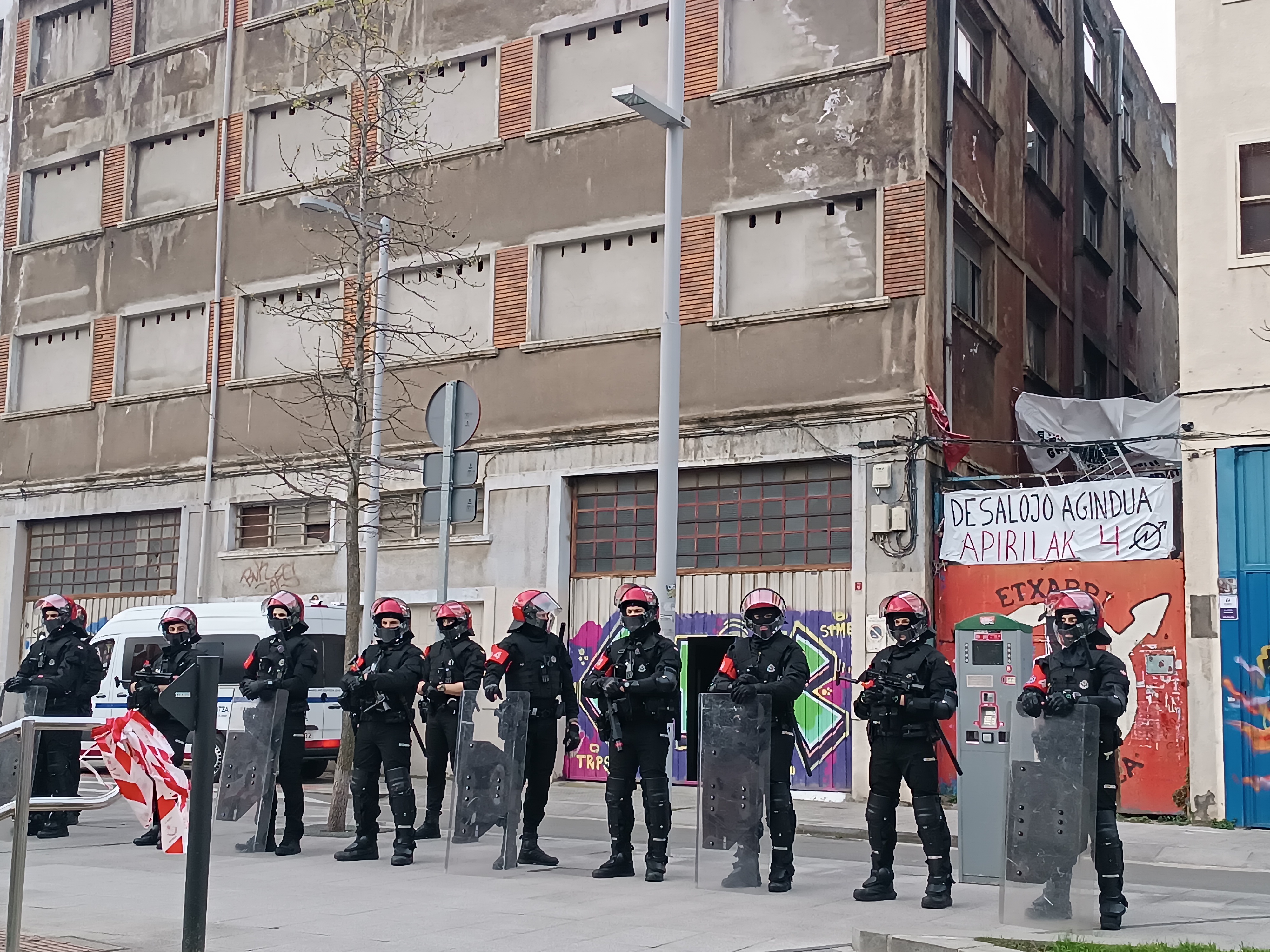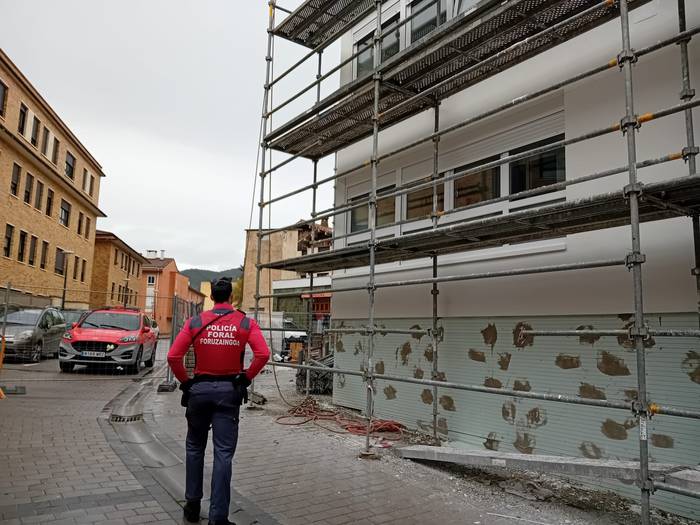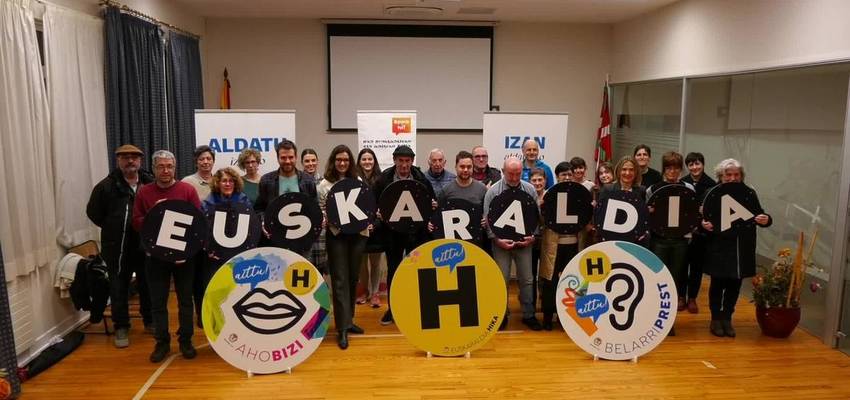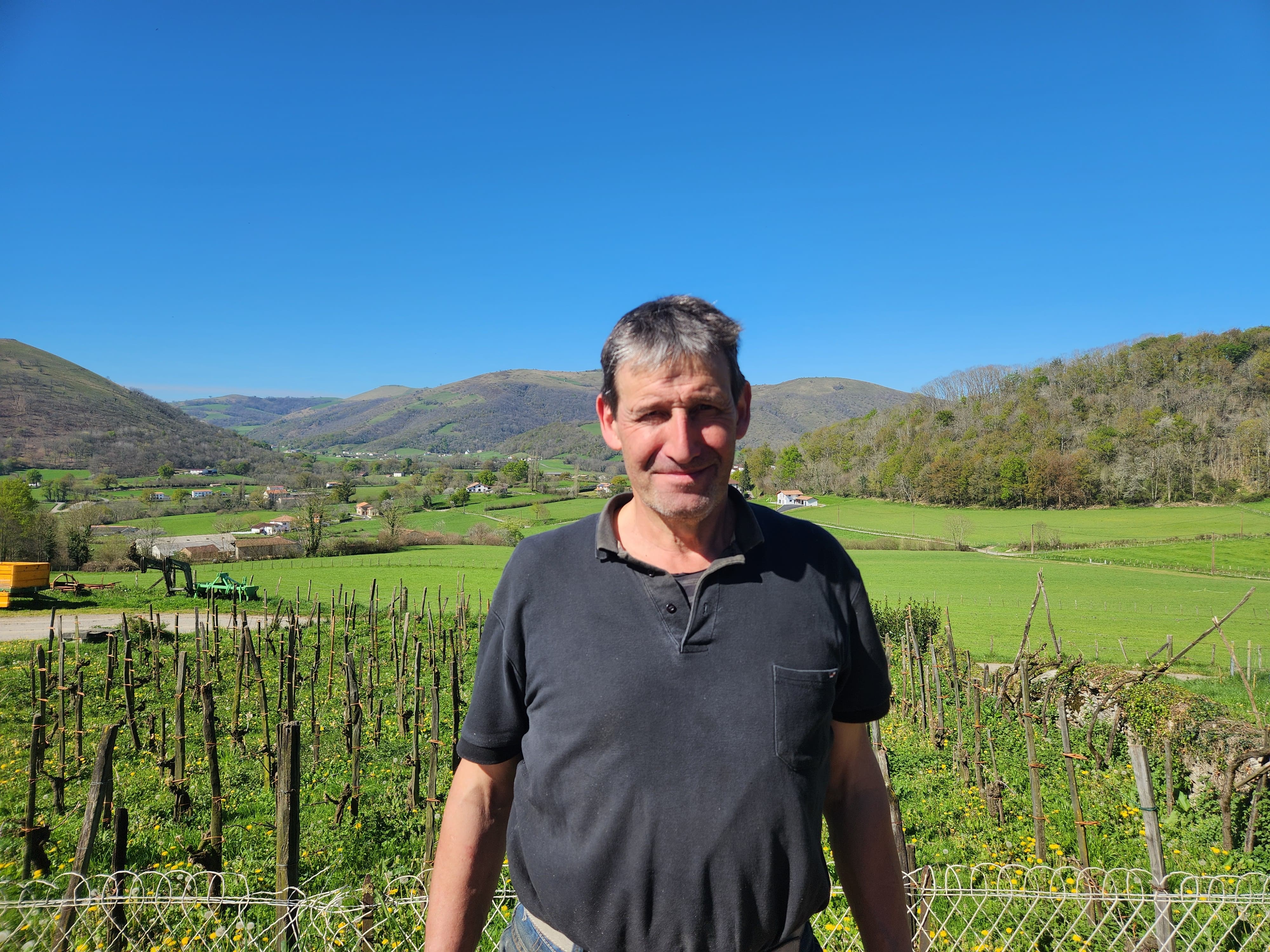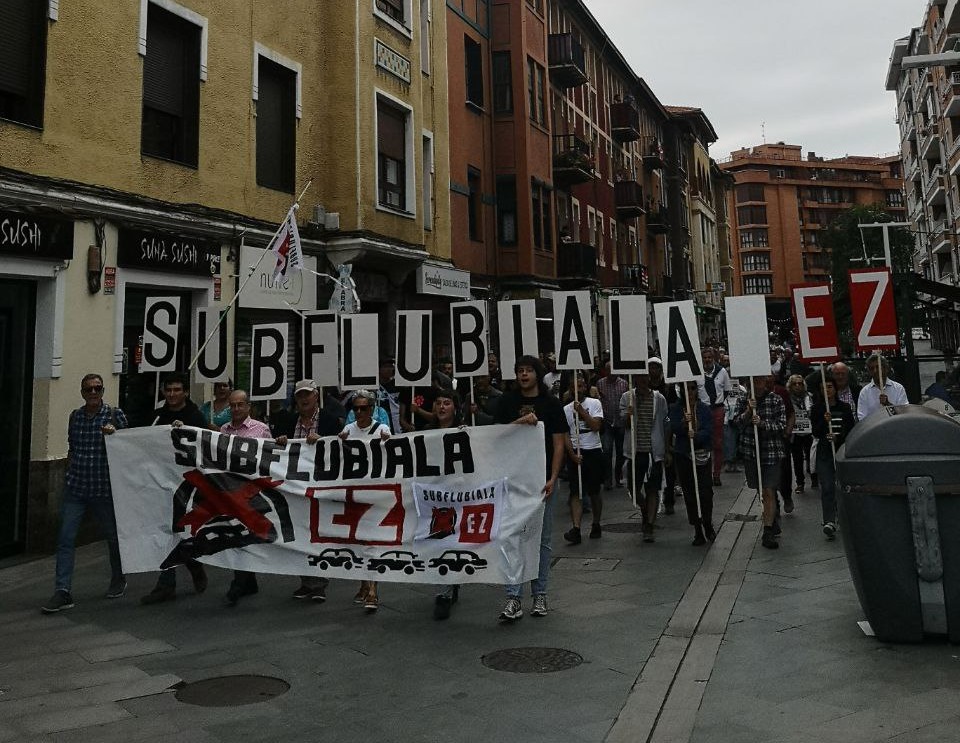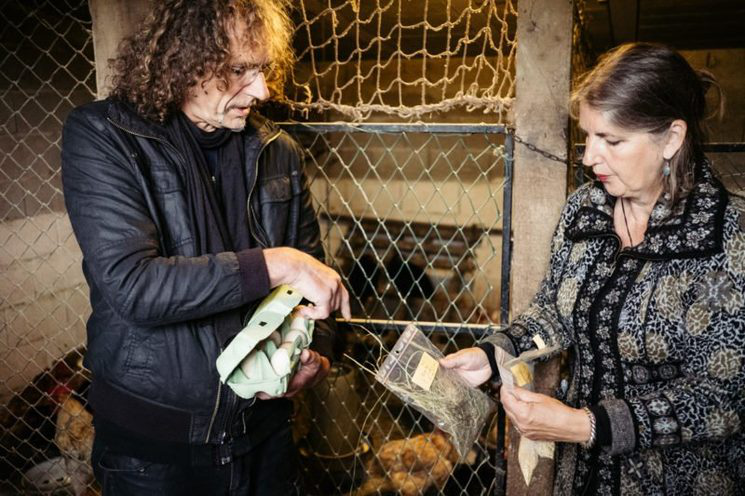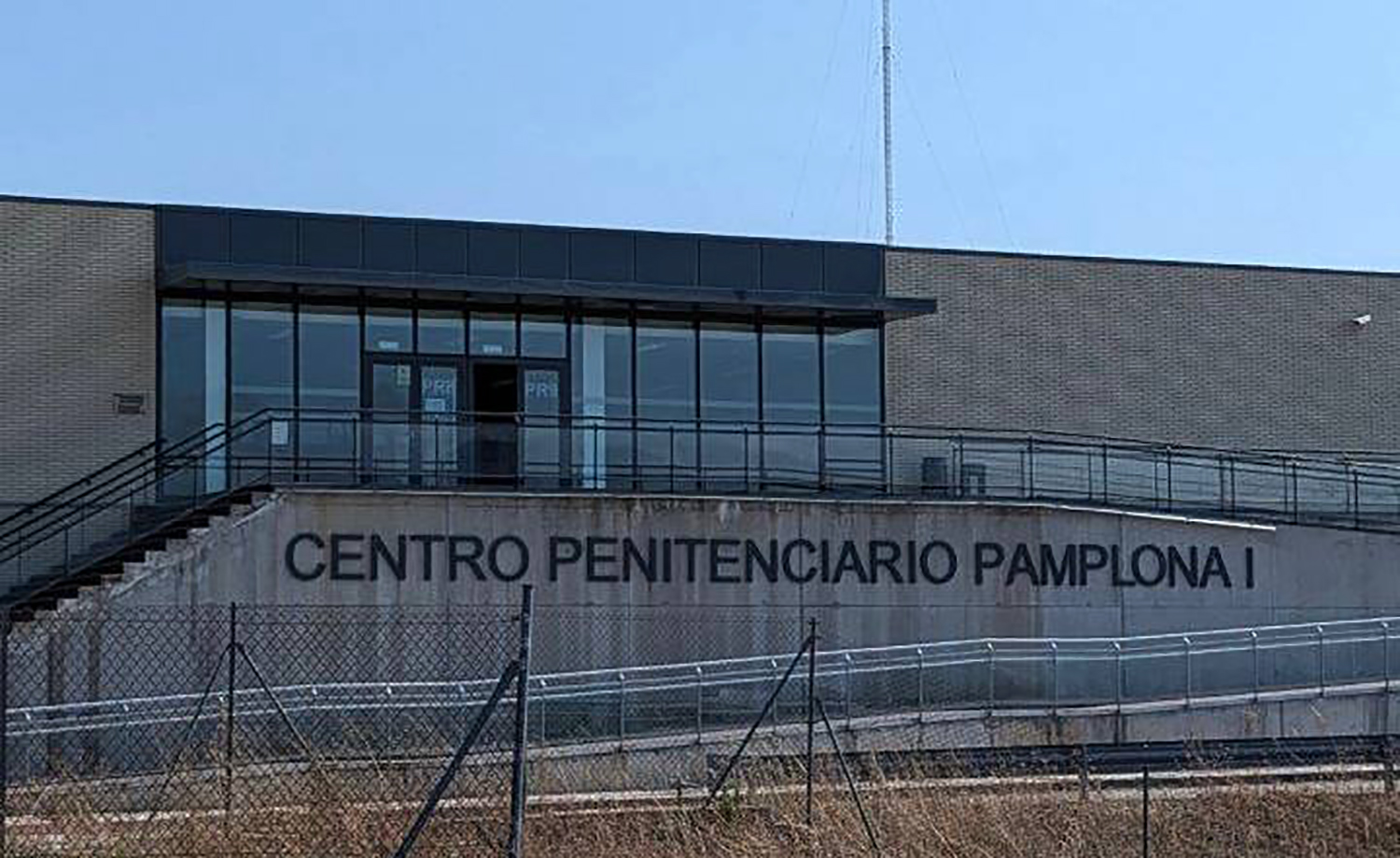"When language models were implanted, they were quite optimistic."
- Analyse the results and methodology of research on multilingualism in the Basque education system and Towards Multilingual Education: Jasone Cenoz (Pamplona, 1960), professor of Education Sciences at UPV/EHU, published last year Basque Educational Research in International Perspective. This year, the book received the research award from the Spanish Association of Applied Linguistics (AESLA).
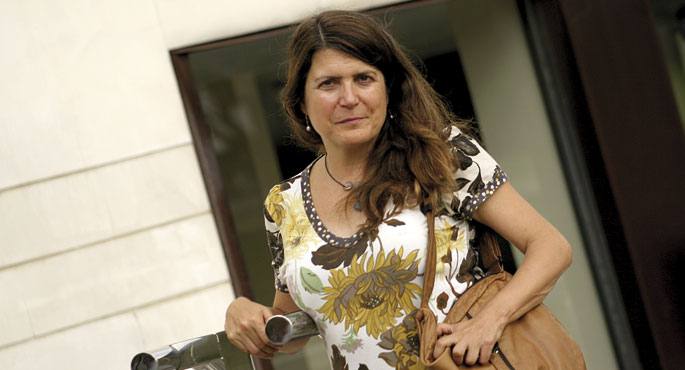
Does multilingualism have different levels at local level? Regardless of whether the same educational system exists.
Multilingualism cannot be exactly the same here and there, even if the same model is used, as socio-linguistic situations are different. Let's look at a model in which classes are taught in Basque and a theme is taught in English. However, that model or whatever will be carried out in a totally different way in Pamplona, Estella or Azpeitia. Forcefully. The model and number of hours are the same. One is to put it on paper, another is to put it into practice. The results will also be different. There, society also has a great influence. The socio-linguistic situation must always be taken into account. Moreover, in the same town, a school centre and a neighbouring school will differ according to some. From where you look! At the international level, there will be no difference between Pamplona, Estella or Azpeitia. The result of the multilingual situation in India will be: “They use three languages in teaching, linguistic distances are similar, social situations are different, but…”. In other words, the situation of our peoples is going to be very similar, despite some variables.
In the book we have read the “Continue for Multilingual Education” model, that is, you have developed a model to compare multilingualism in different places…
Yes. Let me take an example to explain what I mean. Suppose, in the Netherlands, Friesus. There they have frisio, Dutch and English. All languages are Germanic, that is, close to each other, although there are some differences, which are important and which make the results different. For example, the socio-linguistic context in which the family, the circle of friendships and society are played. Another variable, important, is the status of language in that society, the number of speakers, etc. When referring to education, this inevitably has a great influence on the work of the center. Even if teachers do the same, even if they have a similar level of competence, use the same textbooks, language distances are similar… different results! In other words, there are other possible actors and the socio-linguistic context is one of the most important.
To talk about the CAPV, or the Basque Country, what is good for a foreign researcher or interested in the subject?
Look, in India, for example, they work with several languages, languages are totally different, they are spoken and written in a totally different way. In our case, Euskera is the specialty, that is, although it is a minority language, it has a great force in the educational system. We know that the ups and downs in use are great, that we have great challenges, and this and that. But as a learning tool, the presence of Euskera is very important within the school. And people who are not in the bilingual context hardly understand that effort. “If you know Spanish, what are you doing with the Basque?” There's another topic, perhaps more interesting. Here, at another time, various decisions were taken, but others could also be taken. I think teachers, researchers and planners, we all have an obligation to know how things are done elsewhere. It's not just about extending what's out here, it's about bringing what's out there.
And how do you do things outside? At least with regard to the education system.
For example, in our environment, languages work very separately. In Euskera School, Euskera, and nothing else. English at school, English and nothing else. In our case, they are books, one in Basque, another in English, the third in Spanish or in French. In other places, the book has the pages of the left in one language and the right in the other. While working on content of this kind, students and faculty take a leap from one language to another. A bilingual book! I am not saying that this is better or worse, but that it is, and that it is important to know how another works. I was in New York in March, in bilingual school. There, one language or another was spoken according to the week, in the same class, with the same teacher. On the red shelf, books of one language; in blue, books of another. Of course, they had English and Spanish as their work topic. According to the day, it was spoken in one language, or the other. And I repeat to him that I'm not saying what's best, what's worse, but we have to know how things are done in other countries, yes. Instead of defining languages for days, it can also be done for weeks: one week in one language and another in another. The teaching of English has shown that intensive courses give better results than other sessions… What is the goal we pursue!
“Some such decisions were taken some time ago,” he said. The objective is for CAPV students, at the end of compulsory education, to know both languages. The objective has not changed, even if it is met more or less satisfactorily.
When that objective was set, when linguistic models were established, it seems to me that they were rather optimistic. Dedicating three or four hours a week to the study of language outside school hours does not imply a real learning of it. You also have to see what “knowing the language” is. If it is a native speaker level and with higher education, “knowing the language”, it is difficult for us to achieve it. If we do not get there it means that we have failed… In any case, be it the level of those who have learned, those who have learned half, those who have not learned… I would say that great potential has been lost in our linguistic system. We have walked between two extremes: the student, has studied and obtained the EGA certificate, or knows nothing. That is where potentiality has been lost. In model A, for example, the Basque language is learned every week for several hours, eleven years, and, in the end, some say that the result is “not knowing anything”. But, really, it’s nothing not to know…
“Not knowing anything,” no, but not having a level to speak.
With this number of hours, it would be interesting to invent something else. For example, if the number of hours in Euskera of that model is not enough to comply with what the law sets, why don't we try to work understanding, oral and written messages -- all they could -- to understand, even if they give up production to some extent? That is, Multilingualism Receptor, Receptive Multilingualism. The Basque would be better than it is now. If everyone understands it, the Basque people will always be able to use Euskera, and also those who are not. If you don't learn how to speak, understand it. In this way, the satisfaction of these receptor speakers would be greater. Those who understand it will be able to resort to the little they know... There are several options.
Receiving multilingualism is therefore an opportunity.
In Scandinavia, for example, many times each speaks their own language (Danish, Swedish...) and they are understood. Although the distance between Basque and Spanish is greater, it can also be interesting in our case. I believe that research and work must be done. If we don't want to work more than understanding, we should also change the methodology, of course. But it would be beneficial for the Basque and the speaker. I have seen in the university itself some attitudes, not in favor of the Basque Country, which has emerged from the inability to speak.
In this same journal we have had the presence of several external experts. Joaquim Dolz, Ignasi Vila, Juan Carlos Moreno Cabrera… All of them highlight the great work that has been done in the Basque Country. Anyway, always the usual thing: “But if the language is not spoken…”
We have a big usage problem, yes. Use has not gone down, but it has gone up very little. Many titles on the margins, but few words. Many people use Spanish more than Euskera, and they have no intention of making the effort. On the contrary, young people live according to fashion, either in Basque or in Spanish. However, the case of young people is different, as their attitude may be linked to age.
Plurilingualism in multilingual education and education… What are the languages that are in the classroom, brought by immigrants, which are not teaching languages?
It is a complex issue. Students speak many languages, but in many places, in the background, the school is very monolingual. In London, for example, there are a lot of languages. At school, on the periphery, students of the same class speak 20 languages, but they use them at home, because at school they have only one language: English. Here we have three or four languages, the rest are kept in the homes of immigrants, except for exceptions, and the example is Portuguese. When intercultural programs are carried out, for example, the problem manifests itself, people become aware of it, sensitivity is worked, but language is not cultivated. With the presence of Romanians, some words will be taught, some customs will be made known… but without including that language in the curriculum.
Sensitivity.
There are places where great work is being done. Sensitivity has to be worked out. Students who speak these languages must see that their languages are valued at school. It is very important.
Eleaniztasuna eta Hezkuntza-European Master in Multilingualism and Education eratu berria du Donostiako EHUren Filosofia eta Hezkuntza Fakultateak, eta Jasone Cenoz da buru. Nazioartekoa da, Herbehereetako Groningen-go unibertsitatearekin elkarlanean antolatua. Helburua, adituak prestatzea, hemengo egoera eta kanpokoa ere ezagutzeko formazioa eskaintzea, oinarri teorikoak erakustea: “Batetik, adituak prestatu nahi ditugu, ikastaroak, hitzaldiak, ebaluaketak… egiteko gai izango direnak; bestetik, ikertzaileak sortzen lagundu nahi dugu. Nazioartean, Europan, erreferente izan nahi dugu arlo honetan”. Bi urteko iraupena izango du, nazioartekoari dagokionez, eta zenbait protokolo sinatuak dituzte HABErekin, ISEI-IVEIrekin, Herbehereetako Fryske Akademiarekin, besteak beste. Hezkuntza fakultatean osatua dute eleaniztasunaren eta hezkuntzaren inguruko ikerketa-taldea: Donostia Research Group on Education and Multilingualism (DREAM). Informazio osoa, www.multilingualeducation.eu helbidean.
I'm talking about Interview. With water and sand
Authors: Telmo Irureta and Mireia Gabilondo.
The actors: Telmo Irureta and Dorleta Urretabizkaia.
Directed by: Assisted by Mireia Gabilondo.
The company is: The temptation.
When: April 2nd.
In which: At the Victoria Eugenia... [+]
Euskal Herriko Laborantza Ganberak hogei urte bete ditu. 2005ean sorturik, bataila anitzetatik pasa da Ainiza-Monjoloseko erakundea. Epaiketak, sustengu kanpainak edota Lurramaren sortzea, gorabehera ainitz izan ditu hogei urtez.









